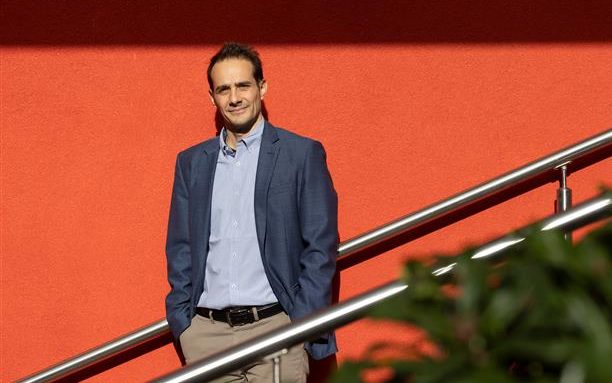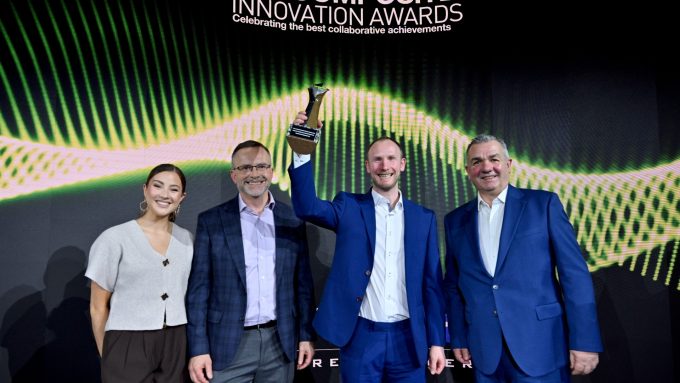
Beyond these four walls

Housing is more than a product or service within the built environment value chain. It’s a complex network of interconnected systems that come together to create the places we call home. Collectively, our homes have a huge impact on our health and wellbeing, safety, local economies, neighbourhoods and the natural environment.
The grand challenges that we’ve explored in this issue are highlighting the need for decision makers across all sectors, tenures and housing typologies to adopt a systems-thinking approach. In a post-pandemic world in which we’re also tackling a climate emergency, we also need to ensure that our housing stock (new and old) is resilient and adaptable enough to meet the challenges in the decades ahead.
To achieve this, we need a housing market that is agile, innovative and able to foster new business opportunities and economic growth. The Connected Places Catapult is committed to supporting the market by helping to bring together government, business, academia and the wider supply chain in three key areas.
Firstly, we’re developing the evidence base and the systems-thinking that industry needs to overcome existing market failures. We want to look beyond just decarbonisation for instance and identify other future trends that will affect the resilience and adaptability of future housing stock – including water consumption, flooding and fire safety. We’re also supporting the market to identify the skills and local supply chains needs in, for example, the residential retrofit market to meet future demand. Secondly, whilst digitalisation has the potential to bring huge benefits to the built environment sector through scenario modelling, automation and optimising efficiencies, the UK housing industry still largely relies upon analogue processes. We will help the sector to harness digital twins technology and explore new data standards, security, ethics, procurement and governance structures to realise the benefits of scenario modelling to bring confidence to the market. We’re also helping place leaders and decision-makers across different sectors. The aim is to test and demonstrate the value of data and the innovative new products and services that UK companies are bringing to the market to urgently transform housing design-thinking and create new business models.
“Through our Homes for Healthy Ageing Programme we’re helping over thirty UK companies to test and demonstrate healthy ageing innovations across the UK.”
For example, through our Homes for Healthy Ageing Programme we’re helping over thirty UK companies to test and demonstrate healthy ageing innovations across the UK. In Sunderland, this includes eight SMEs tackling cold and damp housing by using a range of new innovations: from new data science tools through to living walls that can improve air quality. Our Advanced Construction Accelerator – sponsored by Ferrovial Construction, Ibstock Plc and Arup – is also supporting nine SMEs to scale new construction technologies to streamline operations for construction projects, reduce carbon in the construction sector, and facilitate the adoption of digital tools. Finally, to unlock housing markets of the future, new, innovative, cross-sector financial models are needed. We need to identify the funding mechanisms and policies that can unlock investment and deliver at scale. This is why we’re building on the work of 3Ci to identify where existing funding gaps are, as well as new market opportunities for UK businesses who operate in sectors outside the traditional housing sector. By thinking outside of traditional silos, we can exploit untapped opportunities for the UK housing market to benefit from the skills, products and services in other industries such as HealthTech, CareTech and EnergyTech.
When we see a home as more than just a commodity, new ideas and ways of thinking can be unlocked – not just in how we design and build our homes, but how we create new markets for innovation, entrepreneurialism and economic growth to deliver better outcomes for people and places.





